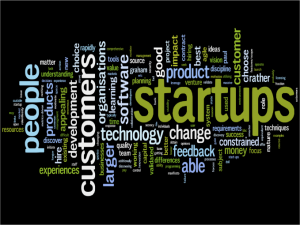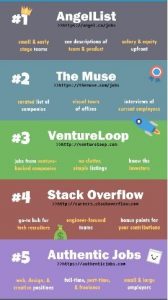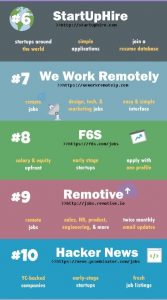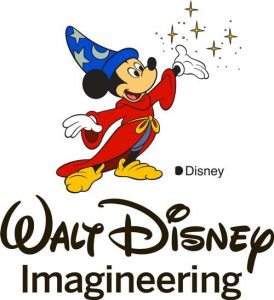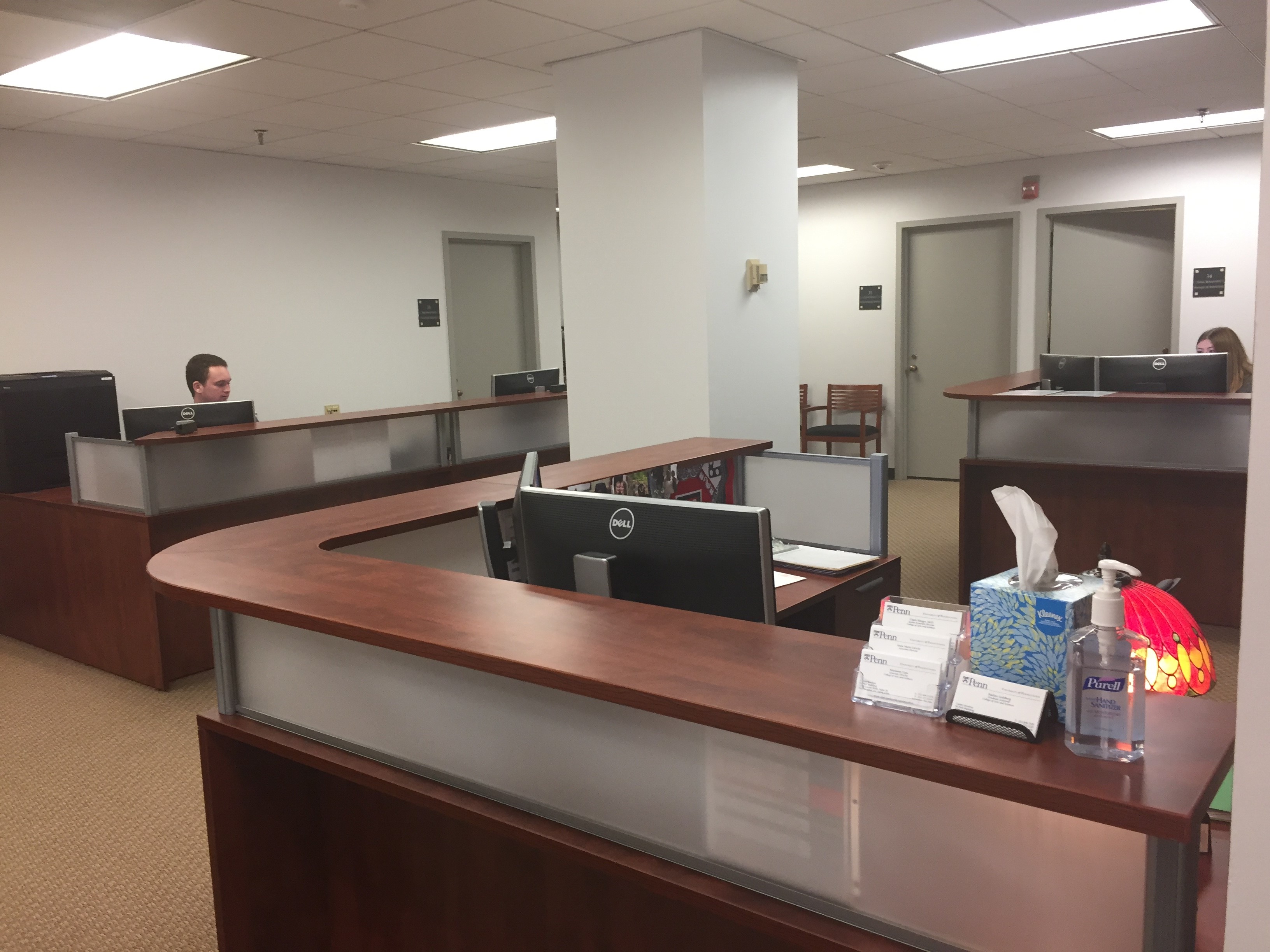By Dr. Claire Klieger, Senior Associate Director
Most people will tell you that networking is an important part of any job or internship search. However, when working with students and alumni, I find that this recommendation is often easier said than done. First, there is a lot of confusion about what networking really means and what it looks like: How do you go about it? Who are the right people to contact? What do you say? What’s appropriate to ask? For these reasons, and many others, I encounter many individuals who are reluctant to do it. If this feels like you, here are some tips for finding networking success by making the process easier:
- Don’t think of it as networking. Networking can have a negative connotation, feel pushy, annoying, or awkward. What you are really doing, or should be doing, is information gathering. You’re talking to people in industries and positions of interest to learn more about what they do and how they got there. Since they are in roles that you might ultimately want to hold, they can offer a lot of advice that can help you along the way.
- Use warm contacts. Even if you feel as though you do not have a strong personal network, every student or alum from Penn has one very important thing in common—your shared Quaker experience! And common ground is all you need to start a networking conversation. So take advantage of that low-hanging fruit. With Penn’s alumni database, QuakerNet, you have the power of access to hundreds of thousands of contacts at your fingertips. This database can be searched not just by employer name, industry or geographic location but also by major, undergraduate club affiliation or even shared interests.
With the alumni page feature of LinkedIn (www.linkedin.com/alumni) you can easily filter the page’s almost 140,000 Penn alumni by other useful categories including “what they do” or “what they’re skilled at” as well doing keyword searches. Browsing profiles not only gives you detailed information, but is also a good strategy for identifying good possible professional associations or commonly listed skill sets. Aren’t connected to interesting people you find? No problem! Just look up their contact information on Quakernet.
If you are a current student, use the Penn Internship Network, our searchable database of current students who have agreed to discuss their summer experience. This can be a great way not only to get information but also gain practice and confidence to help you build up to reaching out to alumni contacts. With all of these online resources, identifying networking contacts has never been easier!
- Never ask for a job or internship outright. Part of the reason many people find networking awkward or have trouble making it successful is because they assume that it is purely a means to an end—getting that job or internship. In reality, though, the best kind of networking is the building of relationships. So, employing the approach of “do you have any open positions?” or “If you could help me find a job that would be really be great” does not get you very far. This is because people either don’t know you well enough to want to help you in that way or they aren’t in a position to offer you a job. So, those kinds of emails tend to just up in the Bermuda triangle of cyberspace.
- Be brief, personalized, and to the point when reaching out. If you want someone to respond to networking request from you, it is critical for you to convey your message in an effective way. The easiest way to do this is to request informational interviews. Explain who you are, how you found that person, and why you are contacting them—because you think the work that they do at XXXX organization is really interesting and you would love to learn more about their career path and what advice they can offer to someone just starting out in the field. Would they have 20-30 minutes for an informational interview over the phone (or in person)? We even have a sample email on our website! Check out our additional tips on informational interviews, including what kinds of questions to ask.
- It really isn’t as awkward as you think. Often, when I give this same networking pep talk to students in person, I can tell that some remain skeptical and apprehensive because it may still feel like a big deal, or a big ask of someone they have never met to have a conversation. This is actually my favorite part of the conversation because I know that I have one final ace up my sleeve that turns everyone on its head. Here it is: Have you ever been contacted by family friends or others and asked to speak with someone about your experience at Penn and offer advice—perhaps by high school students who are about to apply to college? In my over ten years here in this office, not once has the answer to this question been “no.” Without exception, everyone says “sure” and almost always with a smile. Why? Because if you enjoyed your experience, you are happy to speak with others about what that experience has been like and it feels good to share advice and be seen as someone who has expertise on something. When most working individuals receive a request for an informational interview, they are flattered, not annoyed, because they are excited that someone is interested in the work that they do.
So, hopefully you feel less intimidated by the process! Go forth and “network”!



